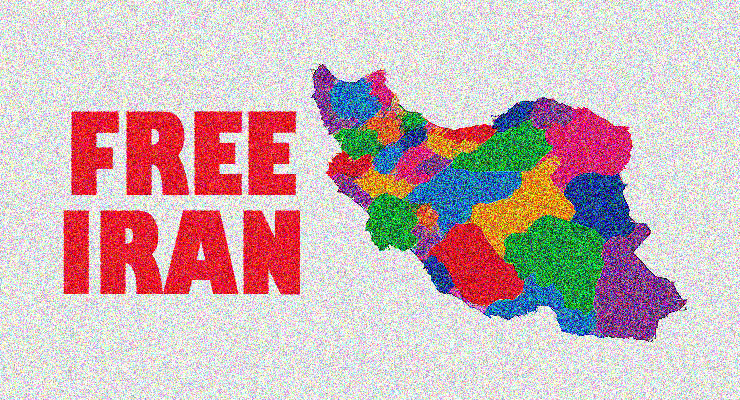
The Watson Institute for International and Public Affairs at Brown University held a conversation recently on the potential national impact of 2018 Iranian protests that have continued at a low level for months after flaring up following a series of policy missteps on the economy by the Iranian government. While protests first took off in the city of Mashhad, they soon spread nationwide with their also expanding from an economic focus to dissatisfaction with the theocratic regime of the Supreme Leader Ali Khamenei.
Brown University’s Center for Middle East Studies hosted the discussion featuring Ali Kadivar, a postdoctoral fellow at Brown University’s Watson Institute. Brown University is a private Ivy League research university located in Providence, Rhode Island. Here is the brief summary from the event:
In this edition of Middle East Dialogues Kadivar speaks about how we can evaluate the political legitimacy of the Iranian government in light of recent protests, and the key obstacles to a democratic transition during the short and medium term.
Here is some information on Ali Kadivar from his bio at the Watson Institute:
Mohammad Ali Kadivar is a postdoctoral fellow at Watson Institute. He holds a PhD in Sociology from the University of North Carolina at Chapel Hill, and earned a MA and BA in political science from University of Tehran in Iran. His work contributes to political and comparative-historical sociology by exploring the interaction between protest movements and democratization. This work grows out of his experience as a participant-observer of the pro-democracy movement in Iran, but his research agenda moves outward from this case to explore these issues on a global scale, using case studies, comparative-historical methods, and statistical analyses.
The video is about 60 minutes. Take a look:
Leave a Reply